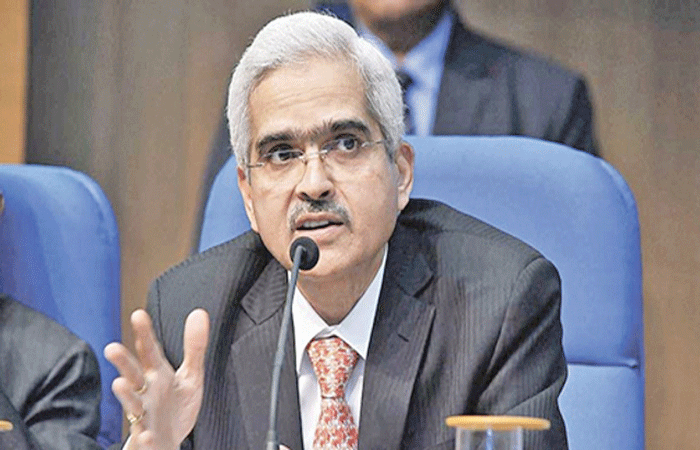
Mumbai: The Reserve Bank of India (RBI) has no proposal to allow business houses to run banks. RBI Governor Shaktikanta Das said at an event that allowing business houses to run banks means inviting risks such as conflict of interest. Responding to a clear question asked in this regard, he said that no consideration is being made in this direction at this stage.
When the plan to issue bank licences was announced a decade ago, a long list of business houses were barred from issuing tenders.
He said experiences across the world show that if business houses are allowed to run banks, there is a risk of issues relating to related party transactions besides conflict of interest.
Before the nationalisation of banks in the late 1960s, business houses were active in the banking sector in India. Experience from around the world shows that related party transactions are difficult to monitor or regulate and prevent. There are huge risks involved. An economy needs resources to grow, however, we do not need more banks for growth. We do not need to increase the number of banks but strong and healthy banks, Das said.
Sluggish growth in deposits could lead to liquidity problems in the financial system. India's financial landscape is undergoing structural change and the Reserve Bank of India is encouraging innovations to make it more inclusive, Governor Shaktikanta Das said, listing hoarding and fraud as trucking issues.
Slow growth in deposits is a key structural liquidity issue in the financial system. There is a significant tendency for households to increasingly shift their investments to capital markets and other financial intermediaries. This trend has led to a decline in bank deposit shares. He described the delay in deposit mobilisation as a 'critical issue' compared to loan growth and asked banks to focus on strong loan underwriting. He highlighted the rise in digital frauds, particularly those related to so-called fake or duplicate bank accounts.
 look news india
look news india